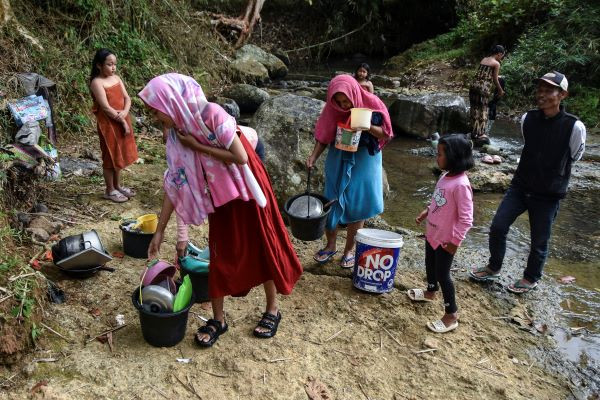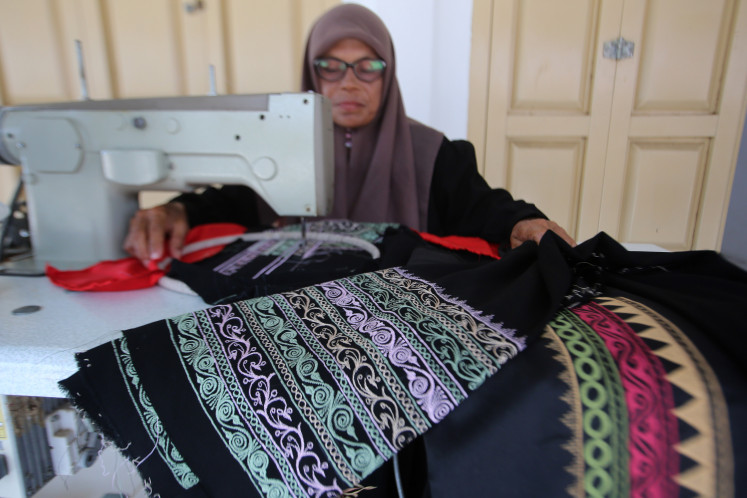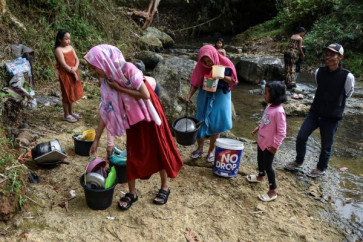Popular Reads
Top Results
Can't find what you're looking for?
View all search resultsPopular Reads
Top Results
Can't find what you're looking for?
View all search resultsA global water treaty: The missing link in environmental governance
It is time for the global community to initiate negotiations on a single international water treaty, one that sets clear legal standards, promotes cooperation and guarantees the human right to water for all.
Change text size
Gift Premium Articles
to Anyone
W
ater, the lifeblood of humanity, remains one of the least protected resources under international law. Unlike climate change, biodiversity or hazardous waste, all covered by comprehensive global treaties, water lacks a single, binding international agreement to govern its use, management and protection.
This gap in global governance is becoming increasingly untenable. As the effects of climate change intensify and global water demand rises, the absence of a cohesive legal framework to manage this critical resource is no longer a technical oversight; it is a threat to peace, development and sustainability.
The world is entering what experts call a water-stressed era. Across continents, rivers are drying up, aquifers are being depleted and water pollution is reaching alarming levels. Climate-related extreme weather events, including droughts and floods, are disrupting access to clean water.
According to the United Nations, over 3 billion people rely on transboundary water sources, yet only a fraction are governed by cooperative arrangements. Where agreements exist, they tend to be bilateral, outdated or lack enforcement. In the absence of global rules, decisions over shared water resources often become politicized, undermining sustainable management and increasing the risk of conflict in already fragile regions.
It is time for the global community to initiate negotiations on a single international water treaty, one that sets clear legal standards, promotes cooperation and guarantees the human right to water for all.
An effective treaty must be both principled and practical. At its core, it should establish the principle of equitable and reasonable utilization of water, especially for countries sharing rivers, lakes and aquifers.
The obligation not to cause significant harm to neighboring states should be clearly articulated and monitored. Sustainability must be another cornerstone. The treaty should encourage water conservation, ecosystem protection and efficient use.



















